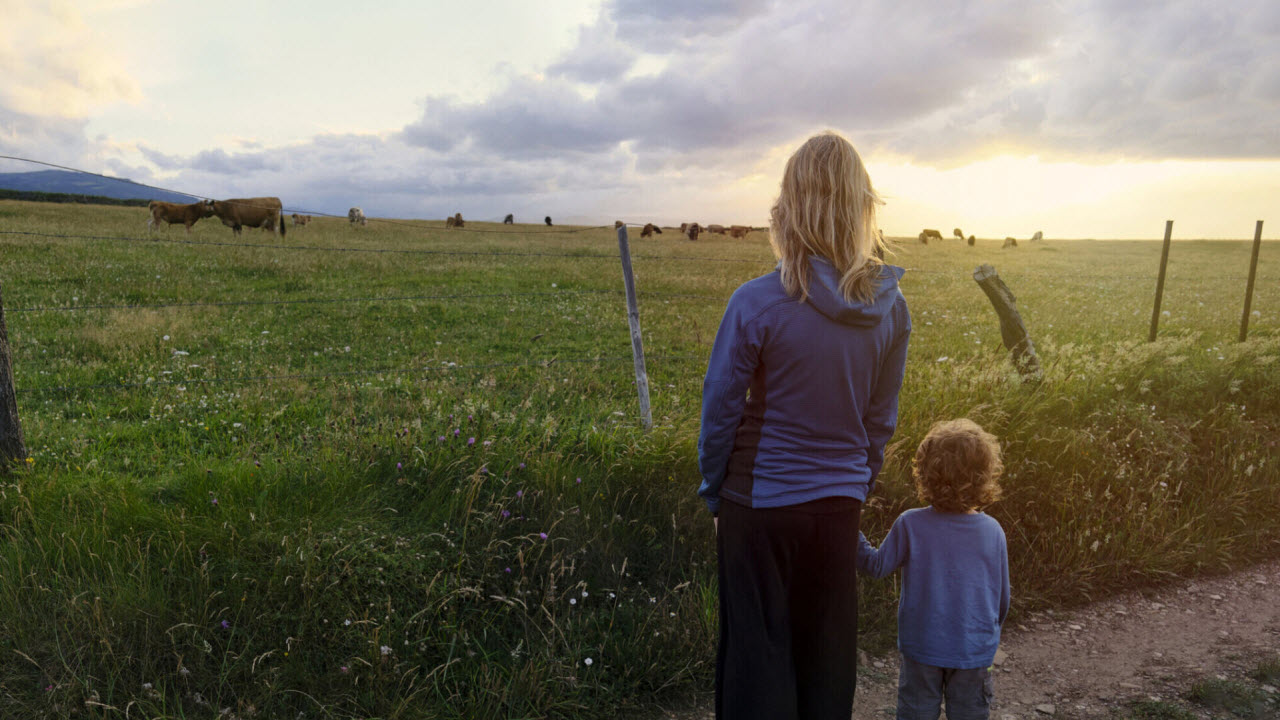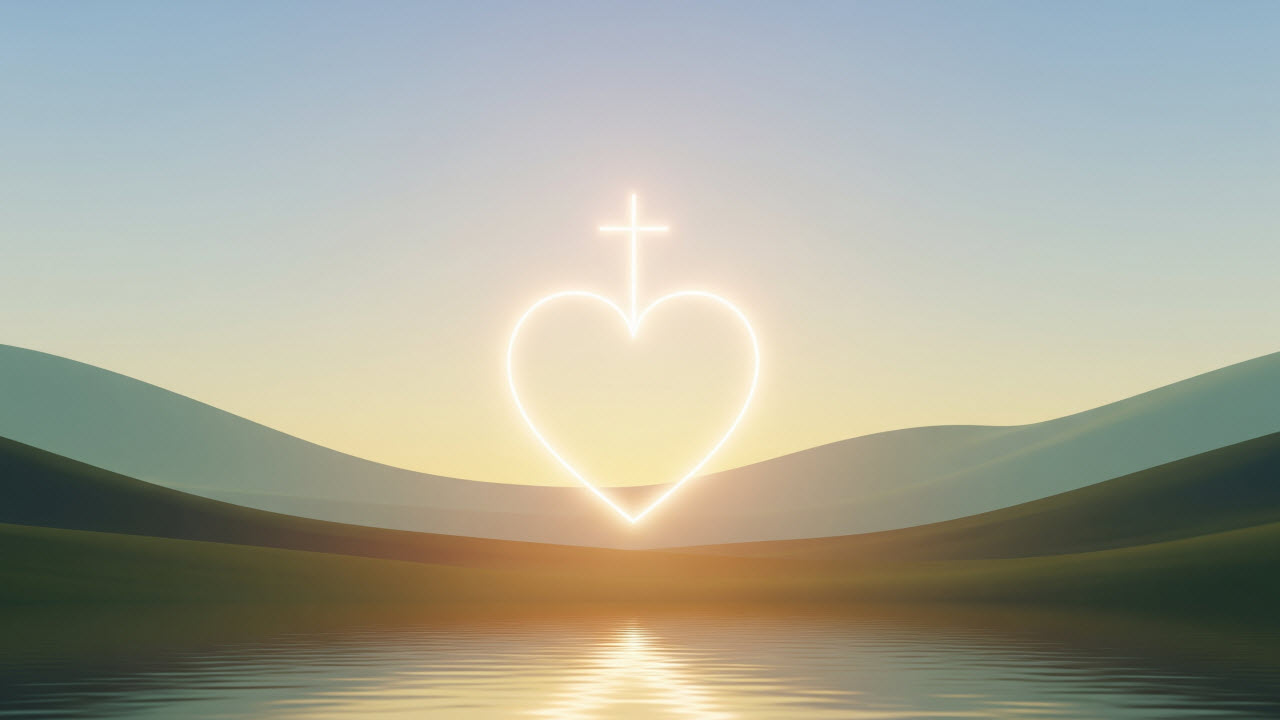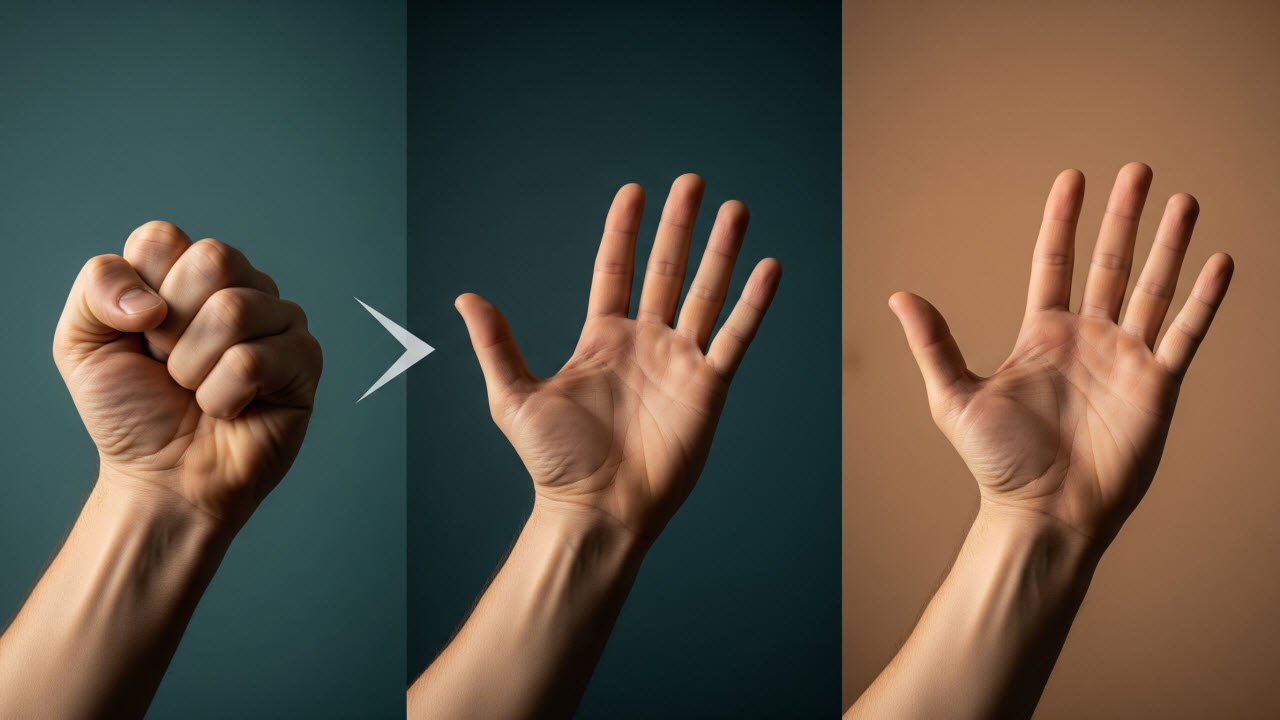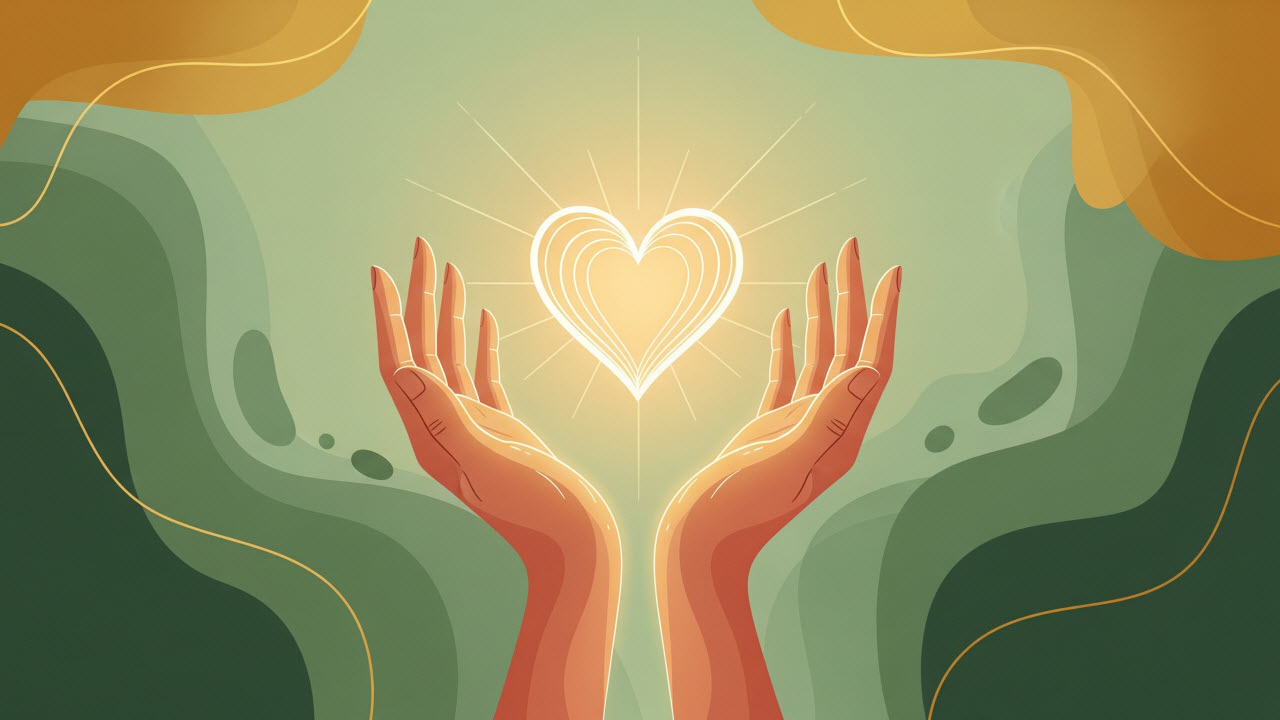What does a widow look like?
No one seems to ask this question, but maybe they should. And how can we obey God’s commands to serve her?

And how can we obey God’s commands to serve her if we don’t even see her?
Around the world, and in the U.S. too, widows are more likely to be malnourished, more likely to face cultural stigma, more likely to see their human rights abused, more likely to be discriminated against, face disinheritance, and see their needs entirely overlooked. God knew this, which is why he commands that they be cared for (Isaiah 1:17).
Because of war, disaster, displacement, loss, and various other causes, this year the number of widows in the world exceeds 258 million.Chances are, when you hear the word “widow” a particular image comes to mind. She’s old, maybe a little hunched over. Maybe you picture the poor widow who dropped her two little coins into the temple treasury as Jesus praised her faith. But widows are diverse, and we need to recognize the many scenarios in which they exist, so we can obey God’s call to ensure they are seen and heard.
Many widows are young and have small children. A large number of widows in the world – especially those fleeing war zones – have left husbands behind or have lost their husbands already. They all function as widows in the places where they live as refugees, even if their husbands are still living. They must fend for themselves and for their children now, often after great economic loss.Other widows are not lacking in financial resources, but they are, nevertheless, in a position of vulnerability. In fact, it may be their wealth that places them in that position. The Bible tells us we are to plead their cause. It assumes that someone will not listen to them, that someone might try to take advantage of them. And God’s people have a responsibility to see that this does not happen.
Watching out for widows is religion that is “pure and undefiled,” the Apostle James says. It is up to the church to ensure that they are not invisible. What does it say of our religion if we choose not to? The biblical widow The Bible’s description of a “widow” is helpful and rich with meaning. The Greek word for “widow” in the Bible is χήρα (pronounced like khay-rah). It means deprived, cut off, “stripped bare,” or abandoned. In the Bible, a widow is a woman “bereft of the full provision or flourishing that could be provided by a husband or a family,” according to K. A. Ellis, Oxford scholar and director of the Edmiston Center for the Bible and Ethnicity.The circumstances that leave a woman bereft include divorce, abandonment, imprisonment of a spouse, and even rejection by her family because of faith in Christ. “It’s her condition that scripturally qualifies her as a widow,” Ellis says, “not the circumstance that led her to that condition.” Considering this context, our cultural definition doesn’t provide us with a complete picture. “It leaves a whole lot of people out of the equation,” Ellis says. “To limit widowhood [in this way] cuts short the fullness of both the need and the opportunity.”
The opportunity What widows have to offer churches is also often misunderstood. Andy Mendonsa of Widows Harvest Ministries in Chattanooga, Tennessee, says widows are called to special ministry in the church. “What comes out of losing a spouse is a deeply dependent faith,” he says. The widows’ prayers are “powerful, profound, and life-changing.” The prayer ministry of the widows he serves became such a source of strength and of joy in his local church that they expanded their ministry to Africa.“[People] don’t understand this, which is maybe why widows still remain so invisible,” he says.
Mendonsa says the Bible shows us there is a role widows can play in the church, giving the qualifications for this role of honor and responsibility, just as it does for elders (whose role description follows in the same chapter). A woman is to be put on the list for this role only if she:
- Is at least 60 years old
- Has been the wife of only one man
- Has a reputation for good works
- Has brought up children
- Has shown hospitality to strangers
- Has assisted those in distress
Psalm 68 describes God as the widow’s defender, and in Exodus, some graphic language is used to describe what will happen to those who would try to test this (22:22-24). Woe to the one who tries to take advantage of or neglects one of these women close to God’s heart.
If we have taken up the widow’s cause, we may not be able to imagine someone who would take advantage of a woman in this position, but the problem is rampant. Widows in our own country, and in countries with fewer laws to protect human rights (and especially in refugee camps), often suffer unspeakable trauma.Now, back to the question we started with. What does a widow look like? Perhaps you feel prompted to begin looking for them, but unless you ask God to show you the opportunities, and then reach out with a willingness to help, you may never know their needs or the power their prayers offer.
There are widows around the world, and there are widows in our own backyards and churches. Let this day be an opportunity to consider how we can better take care of these women God cares so much about.
Image used with permissionRelated Articles

August 17, 2025
When Giving Becomes About Us
Have you ever felt a quiet sense of pride after giving, like you were just a little more faithful than others?...

August 10, 2025
Giving as Worship, Not Leverage
When our generosity becomes a tool for control, we cross a line. In church life, it manifests more than we might expect....

August 3, 2025
When Giving Feels Like a Burden
Several common but harmful motivations for giving might sound spiritual on the surface, but actually miss the mark of bi...